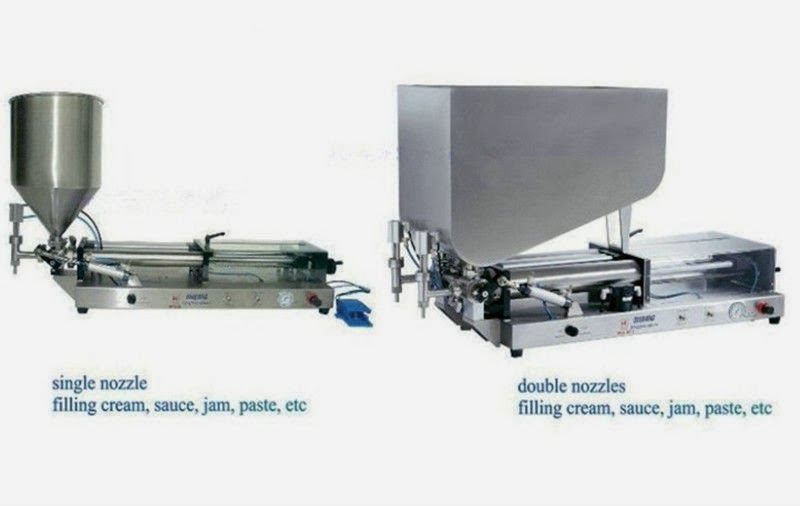1) A High Protein Diet Increases Your Risk Of Osteoporosis
Research shows that women who eat high protein diets based on meat have a higher rate of bone density loss than those who don't. Women who eat meat lose an average of 35% of their bone density by age 65, while women who don't eat meat lose an average of 18%. In the long run, bone density loss leads to osteoporosis.
Doctors believe that the reason for this is that a high protein diet requires your body to process more calcium. While many high protein diets allow for the consumption of dairy products like milk, cheese and yogurt, your body might still extract calcium from your bones to get the extra amounts it needs to process the high amounts of protein in your diet.
2) A High Protein Diet Puts Strain On Your Kidneys
It's well known that patients with kidney problems suffer from eating a high protein diet. While dieters with normal, healthy kidney function don't seem to suffer any ill effects from eating a high protein diet, such a diet can put strain on your kidneys. Your kidneys are responsible for filtering a number of substances, including protein, from your blood. So a high protein diet can put strain on your kidneys; those with reduced kidney function should avoid such a diet.
3) High Protein Diets May Contribute to Cancer
Some studies show that high protein diets may contribute to the development of some cancers. People who eat low protein diets have been shown to have low blood levels of Insulin-like Growth Factor-1 (IGF-1). High protein diets increase blood levels of IGF-1, which some researches believe may contribute to certain forms of cancer.
4) High Protein Diets Can Cause Damage to Internal Organs
Your body needs carbohydrates to make energy. When you deprive your body of carbohydrates, it's forced to burn body and dietary fat and protein to make energy instead. When your body begins to burn large amounts of body fat, ketones can accumulate in the body. When dangerous levels of ketones accumulate in the body, the dieter could succumb to a diabetic coma, which could be deadly without immediate treatment.
Even if ketones don't accumulate to dangerous levels, you could suffer damage to the internal organs as your body burns the protein in the tissues of your heart, liver and kidneys for energy. Damage to the organs could lead, eventually, to organ failure.
5) High Protein Diets Cause Nutritional Deficiencies
Perhaps one of the most common risks of high protein diets is nutritional deficiency. Fruits and vegetables are necessary to a healthy diet, because they provide the vitamins and minerals your body needs. Cutting out whole grains eliminates dietary fiber and increases your risk of vitamin E and B deficiency, as well as irritable bowel syndrome and, in the long run, colon cancer.
FOR more information subscribe and browse channal at
http://youtube.com/user/cosmeticmachines as well as business blogger at http://cosmeticfoodmakingpackaging.blogspot.com










